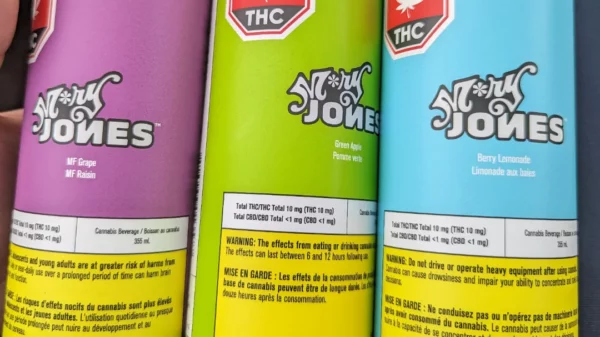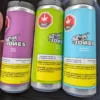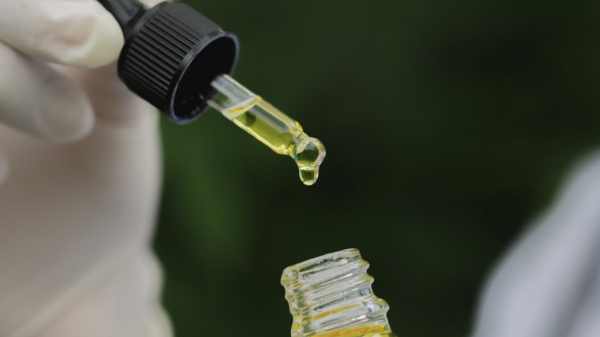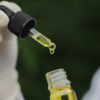Canadian retailers are facing shortages of cannabis across the country, but the Canadian Press reported store owners are struggling the most to keep CBD products on their shelves with the high demand for the wellness product purported for its health benefits.
CBD is an extract mostly sold as an oil tincture, and has gained momentum among wellness groups as a trendy treatment for everything from anxiety to insomnia. Store owners told the Canadian Press many consumers are coming in looking for the product, especially older age groups and new users, but they are often sent away empty handed.
Seven months into legalization in Canada, much hype has surrounded THC, the cannabinoid cousin to CBD. But the surge in demand for CBD is grabbing attention from producers and retailers to boost supply in a hurry, the report said. Mugglehead observed in B.C.’s first cannabis store the options for CBD products were limited. And without the ability to purchase CBD, THC sales in the legal market have so far dominated.
CBD’s supply issues may be addressed partly with Health Canada changing the process to obtain cannabis industry licenses in order speed up the application process. And are producers rushing to grow more hemp to boost CBD supply. But even with shortages starting to be addressed, experts in the report noted supply issues could persist until late this year.
Even in the U.S., where cannabis is still illegal federally, the buzz for hemp-based CBD products grew with the passing of the farm bill. From personal care to health drinks, there’s no shortage of ways for people to consume the wellness extract.
U.S. cannabis company Trulieve has enjoyed success in Florida, which speaks volumes as to the potential for CBD among ageing population.
More CBD research, relaxed regulations could spur growth potential
Since CBD is not psychoactive like THC, and with emerging evidence surrounding its health benefits, it appears this is only the beginning of the extract’s potential. The World Health Organization endorsed CBD as safe to use, non-addictive, an effective treatment for epilepsy along with preliminary evidence it can treat a list of ailments from cancer to psychosis.
Many countries have already legalized medical marijuana. And considering CBD is non-psychoactive and more research is coming, the cannabinoid could have more potential for global growth than THC.
California is known as a liberal state with heavy support for the Democrats. But even there medical marijuana was long accepted before recreational pot became legal in 2018. This may demonstrate another sign that CBD is teeming with potential globally because cannabis for medical use is less stigmatized and easier to reach markets.
The hemp industry is currently lobbying the Canadian federal government to change the regulations for CBD to treat the cannabinoid as a natural health product rather than a drug. Currently, Health Canada treats CBD the same way as THC, and it can only be sold in licensed pot retail shops and only in an oil tincture.
But the Canadian Hemp Trade Alliance is pushing for changes to treat CBD as any type of health supplement that could be added to food, drinks, cosmetics and other wellness products. The hemp industry wants to see it sold in all types of retailers across Canada, which would help meet the fervent demand for the product.














